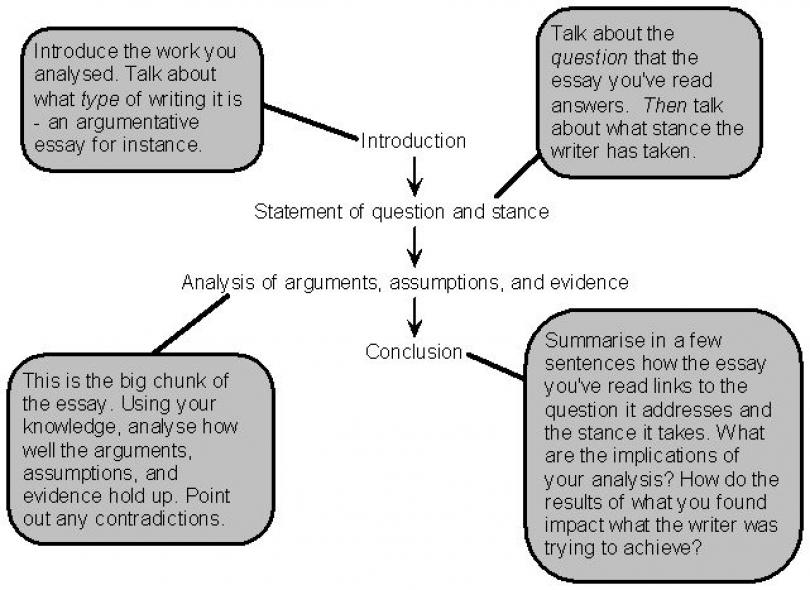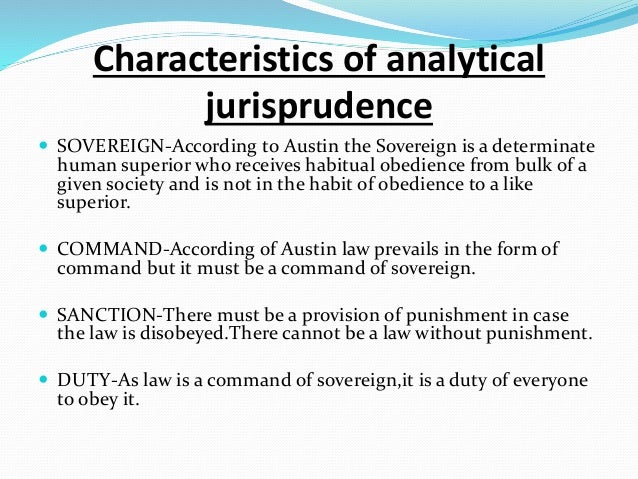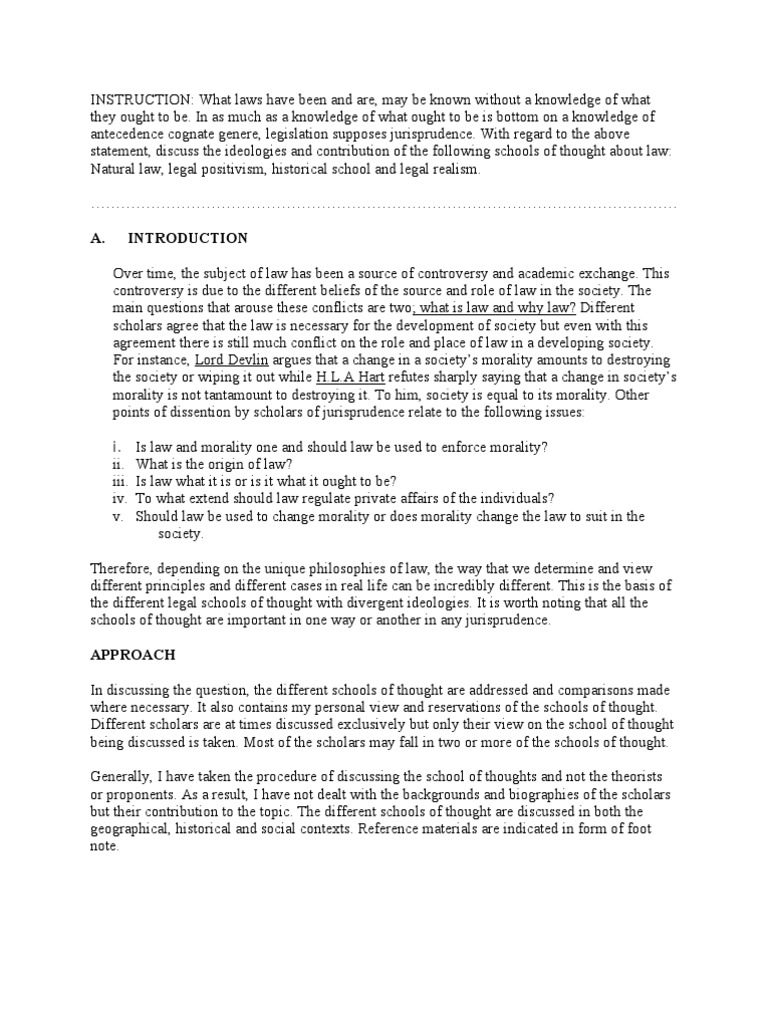Are you ready to find 'analytical jurisprudence essay'? You will find questions and answers on the subject here.
Analytic Jurisprudence Essay Domestic » Regulation » Analytical Jurisprudence Essay Analytical jurisprudence is a approach to legal study that focuses on the rational structure of law, the meanings and uses of its principles, and the formal footing plus the modes of its performance.
Table of contents
- Analytical jurisprudence essay in 2021
- Normative jurisprudence definition
- Normative jurisprudence
- Jurisprudence definition
- Legal positivism
- John austin
- Philosophy of law
- What is jurisprudence in law
Analytical jurisprudence essay in 2021
 This picture demonstrates analytical jurisprudence essay.
This picture demonstrates analytical jurisprudence essay.
Normative jurisprudence definition
 This image illustrates Normative jurisprudence definition.
This image illustrates Normative jurisprudence definition.
Normative jurisprudence
 This image representes Normative jurisprudence.
This image representes Normative jurisprudence.
Jurisprudence definition
 This picture representes Jurisprudence definition.
This picture representes Jurisprudence definition.
Legal positivism
 This picture shows Legal positivism.
This picture shows Legal positivism.
John austin
 This image illustrates John austin.
This image illustrates John austin.
Philosophy of law
 This picture demonstrates Philosophy of law.
This picture demonstrates Philosophy of law.
What is jurisprudence in law
 This image representes What is jurisprudence in law.
This image representes What is jurisprudence in law.
Which is the best definition of Analytical jurisprudence?
ANALYTICAL JURISPRUDENCE. Analytical jurisprudence is a method of legal study that concentrates on the logical structure of law, the meanings and uses of its concepts, and the formal terms and the modes of its operation. It draws on the resources of modern analytical philosophy to try to understand the nature of law.
How is analytical jurisprudence different from legal formalism?
Indeed, it was the analytical jurists who first pointed out that legal formalism is fundamentally mistaken as a theory of law. Analytic, or 'clarificatory' jurisprudence uses a neutral point of view and descriptive language when referring to the aspects of legal systems.
How is the science of jurisprudence related to justice?
Law cannot be defined by reference to any idea of justice. The science of jurisprudence is only concerned with the positive laws. According to Austin, analysis of positive law is to be done by the operation of logic on the law without consideration of the history of ethical significance.
Who is the founder of the Analytical School of jurisprudence?
Jeremy Bentham can be said to be the founder of the Analytical school. In one of his books, he rejected the clinches of natural law and expounded the principle of utility with scientific precision. He divided jurisprudence into expository and censorial. The former deals with the law as it is while the latter deals with the law as it ought to be.
Last Update: Oct 2021